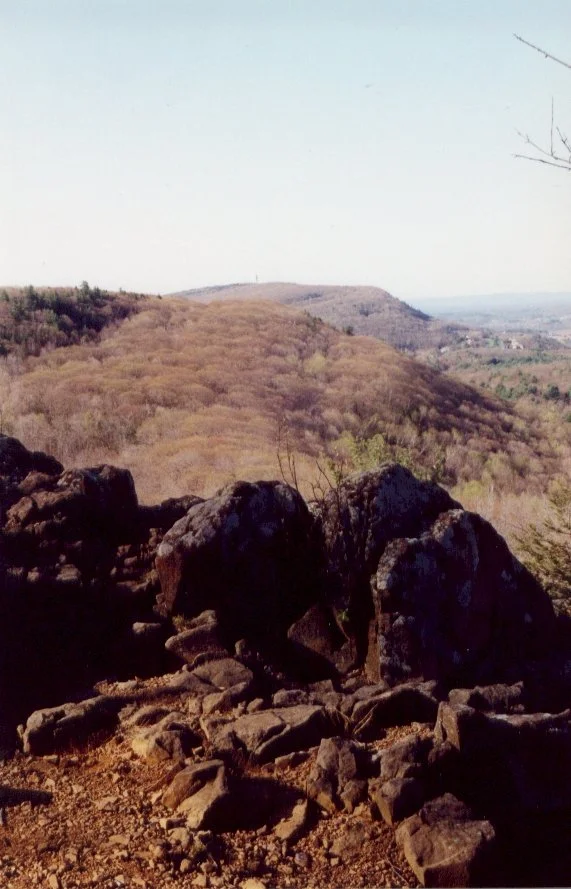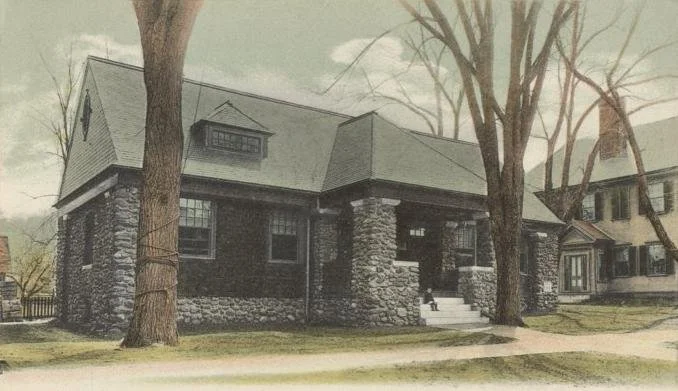
What the Lobster Institute does
Lobsters awaiting purchase in Trenton, Maine
— Photo by Billy Hathorn
Edited from a New England Council article
ORONO, Maine
“The University of Maine has named Maine native and UMaine graduate Christina Cash to head up its Lobster Institute. Cash had served as the interim director since last summer, succeeding previous executive director Richard Wahle, who retired. Cash has been with the Institute since 2021, serving as assistant director of communication and outreach before coming into the interim role.
“Cash previously served as an advancement officer at the Bigelow Laboratory for Ocean Sciences and as program and development director at the Frances Perkins Center. She expressed her goals for the Lobster Institute, which include expanding student opportunities and programs at the Darling Marine Center, in Walpole.
“‘It is an honor to be in this position as a liaison between industry and the university,’ Cash said. ‘There’s so much going on in the lobster world right now and I look forward to collaborating with partners from industry, management and academia on research that can help the fishery.’
“Established in 1987, the Lobster Institute has been a center for discovery, innovation, and outreach for the University of Maine regarding the sustainability of the vital American lobster fishery for the U.S. and Canada. Research projects over the years have included an analysis of how rapid Arctic change has impacted fisheries and fishing communities, supporting research into lobster byproducts, and a study on how commercial lobstering data can be used to inform offshore wind farm developments. Serving as UMaine’s laboratory for marine research, Darling has undergone a $5.2 million waterfront infrastructure improvement project to enhance its research and business incubator projects.’’
Mountainous conception
Part of Avon Mountain, in Connecticut. It’s known for its microclimate.
“The night you were conceived
your father drove up Avon Mountain {near Hartford}
and into the roadside rest
that looked over the little city,
its handful of scattered sparks.’’
— From “Breaking Silence — For My Son,’’ by Patricia Fargnoli (1937-2021), an American poet and psychotherapist. She grew up in Connecticut and later moved to Walpole, N.H. (best known as the home of TV history-documentary maker Ken Burn’s Florentine Films) and on the Connecticut River. She was the New Hampshire Poet Laureate from December 2006 to March 2009.
Walpole’s public library in 1906. The famous and highly literary and reformist Alcott family, connected to the Concord, Mass.-based Transcendentalists, lived there for a time in the 1850s, as have other writers and painters, drawn by the region’s great natural beauty. The abundant lilacs in the town inspired Louisa May Alcott (who wrote Little Women) to write the 1878 book Under the Lilacs.
'Cynicism is fear'
Ken Burns
“I think we too often make choices based on the safety of cynicism, and what we’re led to is a life not fully lived. Cynicism is fear, and it’s worse than fear; it’s active disengagement.’’
—Ken Burns (born 1953) celebrated maker of documentary films on topics in American history. His production company is Florentine Films, based in Walpole, N.H. The company’s name came from co-founder Elaine Mayes’s hometown of Florence, Mass. Burns attended Hampshire College, in nearby Amherst, Mass.
The Walpole, N.H. Town Hall
Keeps them humble
Walpole, N.H., Town Hall
“Walpole, New Hampshire, is small enough for us to keep that mom-and-pop feeling. The town reminds us every day of the power of history. And it’s important to stay in a place where whatever notoriety you get, plus fifty cents, will buy you a cup of coffee.
— Ken Burns, history documentary show impresario on PBS, in Yankee magazine July/August 2002 on being based in Walpole.
A small-town Hollywood for documentaries
Walpole in 1915. Some of the town hasn't changed that much since then.
It's surprising what you can find in small New England towns. Consider Walpole, N.H., in the southwest corner of the Granite State.
That is where Ken Burns, Elaine Mayes and Roger Sherman, classmates at Hampshire College (in nearby Amherst, Mass.), in 1976 founded a documentary film company called Florentine Films, which went on to produce the famous films The Civil War (1990), Baseball (1994), Jazz (2001), The War (2007), The National Parks: America's Best Idea (2009), Prohibition (2011), The Roosevelts (2014) and The Vietnam War (2017).
The name of the company came from Florence, Mass., Mayes's home town, also in the Connecticut River Valley. A rather cozy company.
The famous Miss Florence Diner, in Florence, Mass. Such diners are civic ornaments of many small New England towns and some cities, too. They sometimes serve as informal town halls -- chatty and caffeinated central meeting places.









